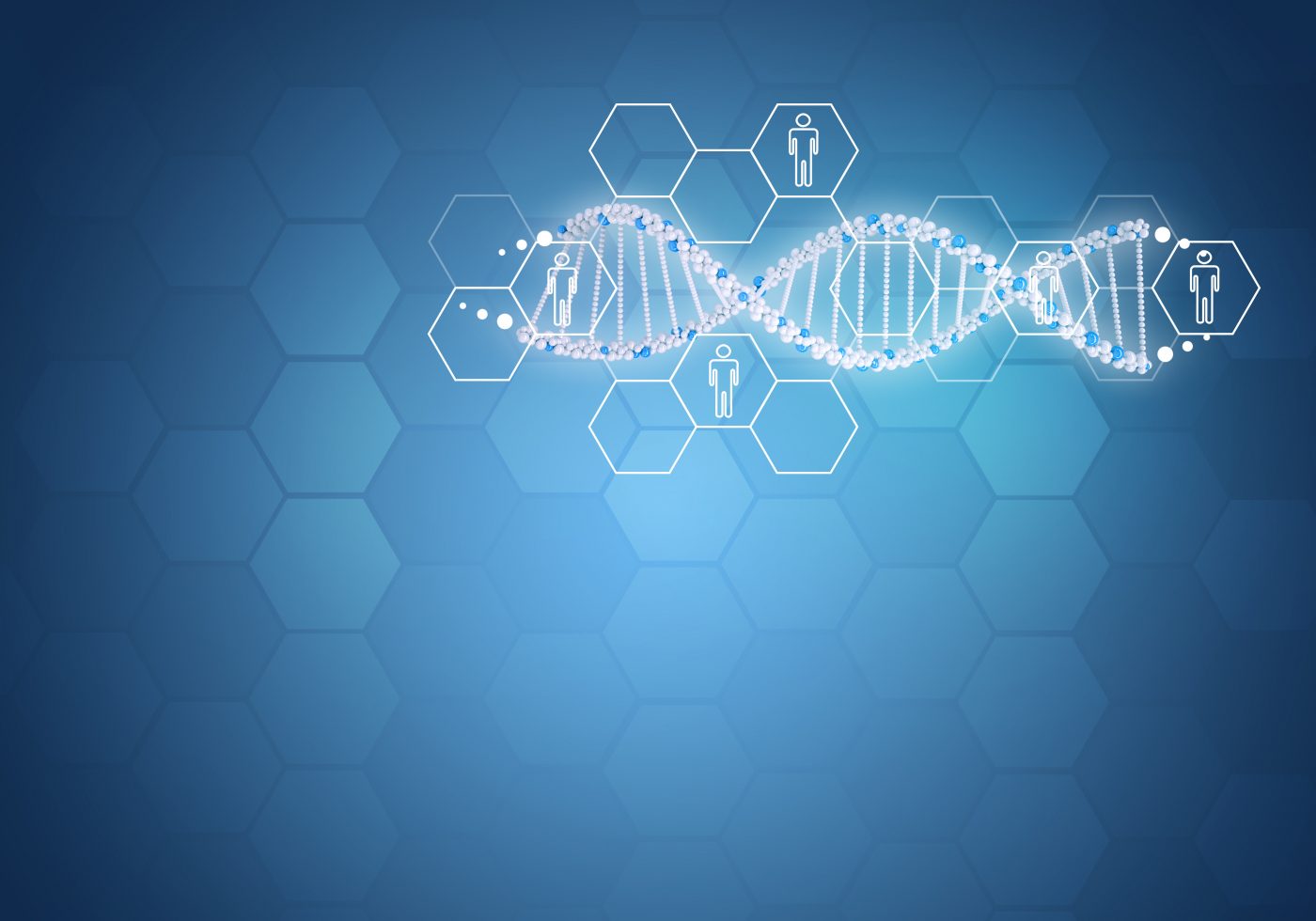Researchers Reveal an Approach to Assess Deregulated Mechanisms in Duchenne Muscular Dystrophy
Written by |

Researchers at the University of California San Diego recently published in the journal BMC Research Notes an approach to assess possible dysregulated mechanisms linked to Duchenne muscular dystrophy. The study is entitled “Dysregulated mechanisms underlying Duchenne muscular dystrophy from co-expression network preservation analysis.”
Duchenne muscular dystrophy is an inherited disorder caused by a defective gene called dystrophin. The disorder is characterized by a progressive skeletal muscle weakness that leads to chronic inflammation and the loss of muscle cells and tissue, compromising locomotion. Duchenne muscular dystrophy has a rapid progression and affects mainly boys.
The goal of the study was to identify the molecular mechanisms in skeletal muscle that are deregulated in Duchenne muscular dystrophy using a co-expression networks approach based on the open source tool Weighted Gene Co-expression Network Analysis (WGCNA). Researchers analyzed 23 dystrophic and 13 healthy samples.
Researchers found a total of 10 dystrophic and 11 healthy co-expressed modules of biologically relevant genes, where 4 of the 10 dystrophic modules and 5 of the 11 healthy modules had none-to-weak preservation. These low preservation modules between dystrophic and healthy conditions showed that they were highly relevant for Duchenne muscular dystrophy.
One example found was the weakly preserved dystrophic module D2, which exhibited the highest fraction of genes specific for Duchenne muscular dystrophy. Interestingly, the dystrophic-specific gene interactions found in module D2 were involved with the inflammatory and tissue repair/remodeling mechanisms, which is in agreement with what is seen in models of skeletal muscle injury and in dystrophy patients. The team also found genes related to extracellular matrix markers within the modules and putative new markers likely associated with the disease.
The research team concluded that through a co-expression networks approach using preservation statistics it was possible to identify clusters of genes functionally linked to dysregulated pathways in Duchenne muscular dystrophy and to disease pathogenesis, as was the case of the inflammatory module D2. Researchers also found putative novel interactions linked to the disease.
The authors suggest that this method represents a simple approach for the identification of differences between two conditions, and that it can be employed in an exploratory analysis to assess deregulated pathways in a disease.




